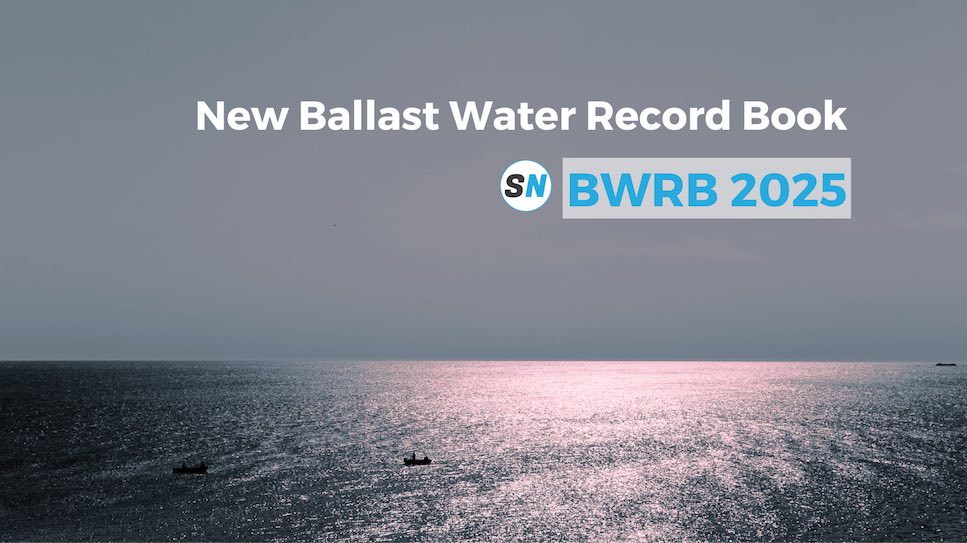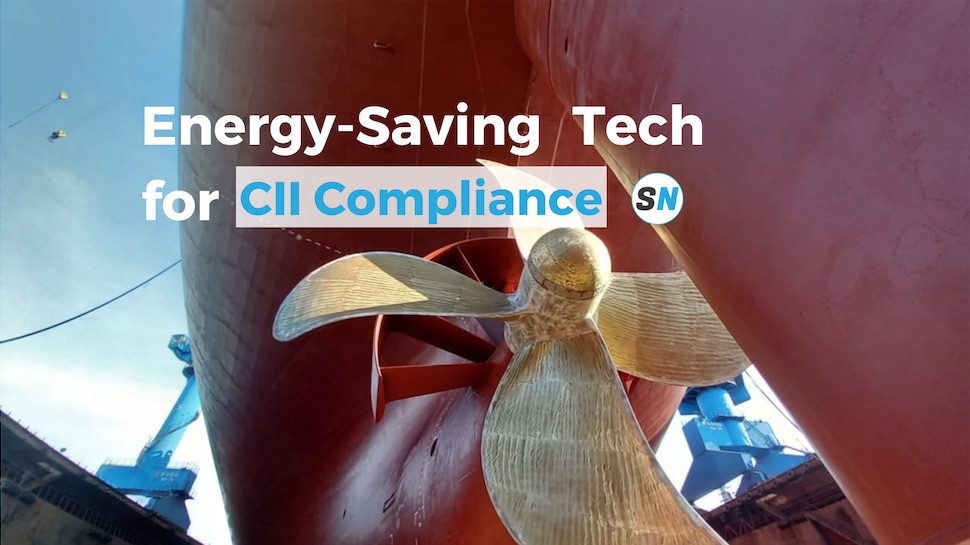28 November 2024
Port of Gothenburg as a renewable methanol bunkering hub

The Gothenburg Port Authority is today publishing general methanol operating regulations for ship-to-ship bunkering. The port is also making arrangements to set up a value chain. Thus, holding the ambition to become the primary bunkering hub for renewable methanol in Northern Europe.
Concept
By 2030 the Port of Gothenburg has set out the ambitious target; to reduce shipping emissions by 70% within the port area. One key step to reach this goal is to provide a variety of shipping fuels. Particularly, fuels that contribute to bring down emissions in the port as well as on a global scale. Many initiatives, taken around the world, with net-zero vessels now in the order books.
“From the Port of Gothenburg we want to support this by enabling these vessels to take bunker at their convenience. Therefore, we are happy to share that we have received acceptance from the Swedish Transport Agency for the general methanol operating regulations for ship-to-ship bunkering.”
Christoffer Lillhage, Senior Business Development Manager Energy at the Gothenburg Port Authority
As this is a general approval for the port, each terminal will do a complementary risk assessment. But, this is more of a formality when the general guidelines now are in place. For example, the Port of Gothenburg has already handled methanol in the port since 2015. Namely, when Stena Line started to bunker Stena Germanica truck to vessel.
Contribution
“Now we hope to see Maersk, X-press Feeders and many other shipping lines routing their new methanol vessels to the North of Europe and we would be delighted to welcome them with open arms to the largest port in Scandinavia,”
Elvir Dzanic, CEO at the Gothenburg Port Authority
X-Press Feeders is the world´s largest independent feeder carrier. Moreover, one of the major players, dedicated to introduce methanol as a shipping fuel on a larger scale already in 2023. With the introduction of 8, state-of-the-art 1,170 TEU container ships capable of operating on carbon-neutral methanol, X-Press Feeders is soon one step closer to reaching its target of having net-zero emissions from operations by 2050.
“I am happy to see that Port of Gothenburg is working proactively to facilitate the bunkering of Methanol. It is encouraging as we need the ports to be ready when we are to decide where to route our first line of methanol propelled vessels,”
Sven Siemsen Senior Manager Marketing Europe at X-Press Feeders
Renewable
The shipping industry needs a variety of fuels in the future. Renewable products like eMethanol* is one important fuel to reach Net zero targets. Therefore, the Port of Gothenburg is also making arrangements to setup a value chain. Holding the determination to provide eMethanol in the port by 2024.
“Together with industry front runners in the field of E-fuels such as Liquid Wind and their partner Ørsted, we are working to make this a reality. We are also planning for large scale storage of methanol with storage operators in the port when the demand is in place. We have set the aim to become a bunker and storage hub for methanol/eMethanol,”
Christoffer Lillhage, Senior Business Development Manager Energy at the Gothenburg Port Authority
“We are pleased to see that ship-to-ship methanol bunkering and infrastructure will come to reality in the Port of Gothenburg. This is a strong benefit for carriers planning to buy our green electrofuel, eMethanol. It enables Liquid Wind and our value chain collaborators to establish multiple production facilities in Sweden and other Nordic countries. A strong and leading eMethanol hub in Gothenburg accelerates our ability to market and distribute our carbon neutral marine fuel to the world. It also puts Sweden on the global fuel export market,”
Claes Fredriksson, CEO and founder of Liquid Wind
The Port of Gothenburg general methanol operating regulations for ship-to-ship bunkering.
eMethanol
Compared to conventional fuels, renewable methanol cuts carbon dioxide emissions by up to 95%, reduces nitrogen oxide emissions by up to 80%, and completely eliminates sulfur oxide and particulate matter emissions. Renewable methanol is an ultra-low carbon chemical. When produced from sustainable biomass, represents bio-methanol. When produced from biogenic carbon dioxide and renewable electricity, brands as eMethanol.


